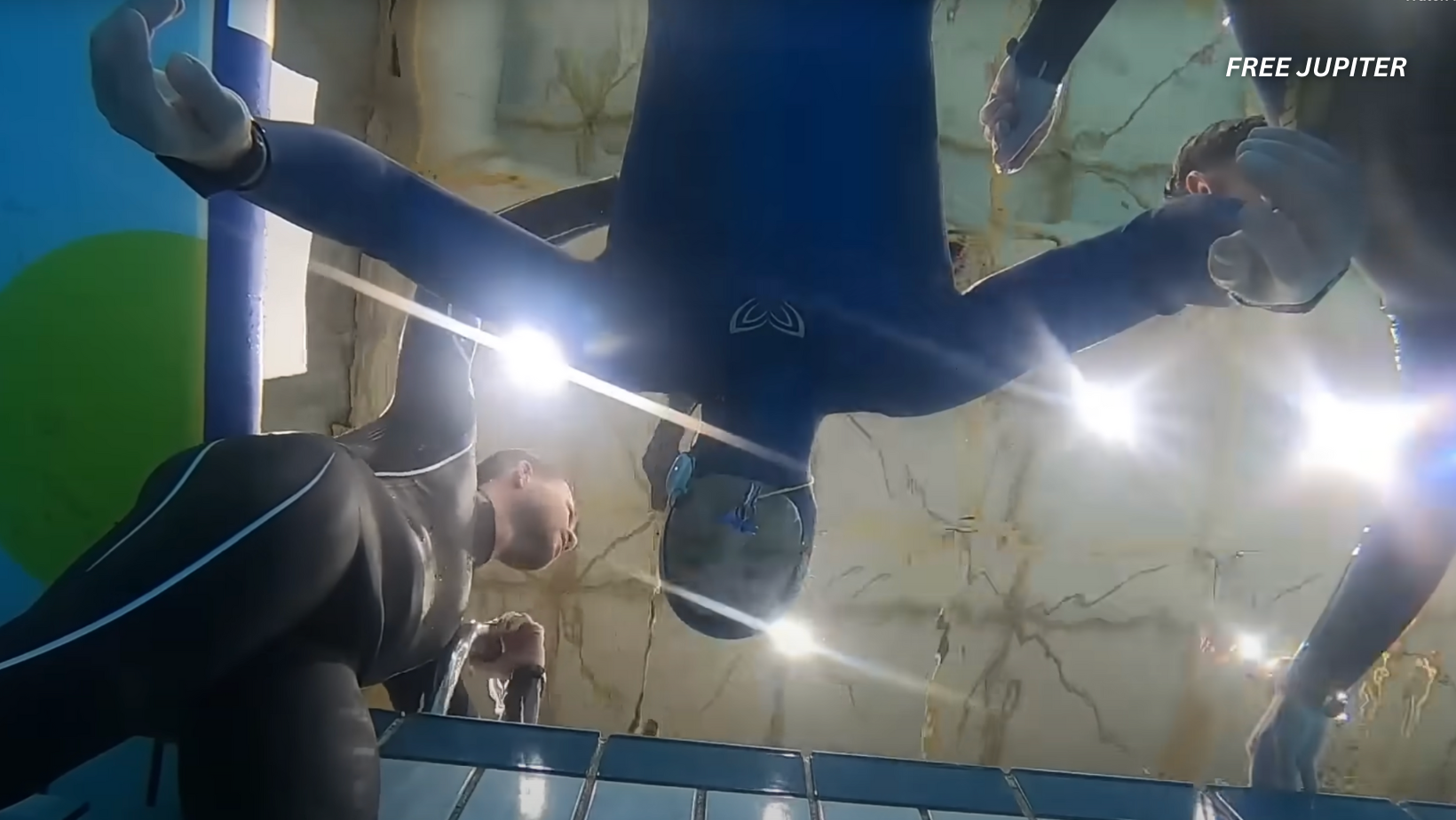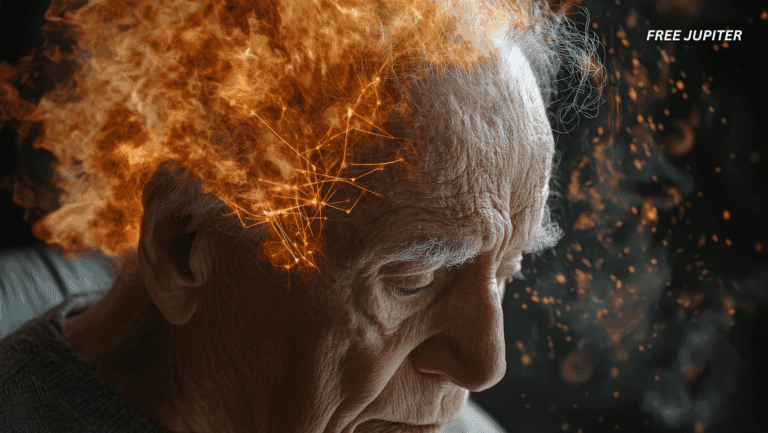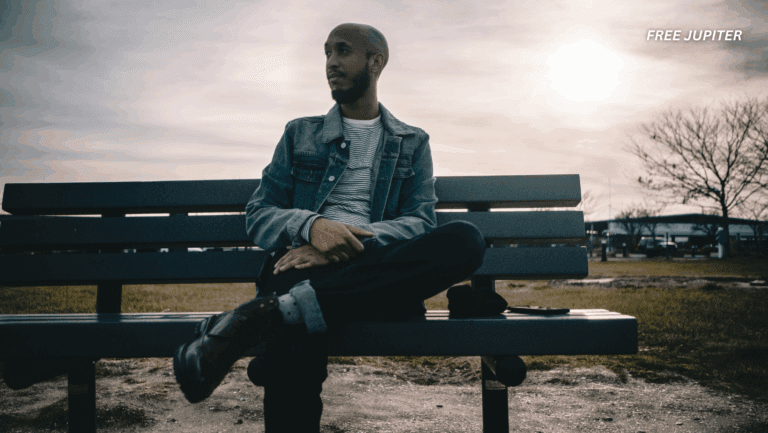Most of us start feeling uncomfortable if we go even a few seconds without a breath. A minute can feel like torture, and two minutes seems almost heroic. Yet Croatian freediver Vitomir Maričić has now shattered the limits of what seems humanly possible—holding his breath for an astonishing 29 minutes and 3 seconds.
This remarkable feat, achieved on June 14, 2025, has already been confirmed by Guinness World Records. To put it simply: he went without air for nearly half an hour, longer than it takes many people to watch a sitcom episode.
How Does Someone Even Do That?
When people first hear about this record, the most common reaction is disbelief. After all, the average person feels their lungs burning after 45 seconds. Most beginners max out at around a minute, while trained swimmers might push themselves to two or three minutes before giving in.
Maričić didn’t stumble onto this ability by accident. He used a strategy common in competitive freediving: pre-breathing pure oxygen. For ten minutes before his attempt, he filled his lungs and blood with oxygen-rich air. This method doesn’t change the body itself, but it does “load the tank,” allowing the bloodstream and tissues to store significantly more oxygen than they would under normal circumstances.
According to scientists, this technique increases the body’s available oxygen nearly fivefold, essentially giving Maričić a head start. Yet, even with this advantage, staying perfectly calm and still for almost 30 minutes remains a colossal challenge.
Read more: 9 Shopping Behaviors That Mean You’re Trying To Fill an Emotional Void
Why Oxygen Isn’t the Only Challenge
Most people think running out of oxygen is the reason breath-holding feels impossible. But the real culprit is often carbon dioxide buildup. As we hold our breath, CO₂ levels rise in the blood, triggering an urgent, panicked signal from the brain that screams, “Breathe now!”
Freedivers train for years to quiet that reflex. Through discipline and mental control, they learn to override the body’s alarms, slowing the heart rate and resisting the powerful urge to inhale. It’s a combination of biology and psychology—part science, part meditation.
In Maričić’s case, the ability to stay calm under extreme stress is what separates him from the rest of us. Panic wastes oxygen; peace conserves it.
Putting It Into Perspective
To appreciate the scale of this record, consider these comparisons:
- Most people: Struggle after 30–60 seconds.
- Trained swimmers: Often reach 2–3 minutes.
- Dolphins: Can hold their breath 10–15 minutes.
- Previous record holder (oxygen-assisted): Just under 24 minutes.
- Maričić: 29 minutes, 3 seconds.
In other words, Maričić stayed underwater almost three times longer than a dolphin and nearly five minutes longer than the previous human record holder.
It’s worth noting that he’s also capable of holding his breath for over 10 minutes without oxygen assistance, which already places him in the top tier of freedivers worldwide.
A Tradition of Pushing Limits
Freediving records like this aren’t new, though they continue to push the limits of what science believes is possible. The practice of freediving stretches back thousands of years—ancient cultures relied on it for food, pearls, and even military missions. Japanese “ama” divers, mostly women, have been diving without oxygen tanks for centuries, sometimes into their 70s and 80s.
Modern freediving has evolved into both a competitive sport and a scientific curiosity. Athletes like Maričić dedicate years to training, experimenting with breath techniques, and fine-tuning their mental focus. Each new record sparks debate: how much further can humans go before hitting an unbreakable biological wall?
The Body’s Secret Weapon
What makes these long breath-holds possible is something called the mammalian dive reflex. Shared by humans, dolphins, and seals, this reflex activates when the face is submerged in water. The body automatically slows the heart rate, redirects blood to vital organs, and conserves oxygen.
In extreme cases, trained divers can drop their heart rate to under 20 beats per minute—slower than many sleeping turtles. This response is the body’s natural survival mechanism, and freedivers have learned to harness it to the maximum.
Read more: Research Shows That Music Significantly Boosts Infant Brain Development
The Other Record Still Standing
While Maričić now holds the oxygen-assisted record, another challenge remains: the unaided breath-hold record, which doesn’t allow for oxygen pre-breathing. That title belongs to Branko Petrovic of Serbia, who managed an incredible 11 minutes and 35 seconds in 2014.
This record is seen as purer since it relies entirely on the diver’s body and mental strength, without extra oxygen. Maričić has already proven he can surpass 10 minutes unaided, which raises the question: could he be the one to dethrone Petrovic next?
The Risks of Going Too Far
Breath-holding on this scale isn’t just difficult—it’s dangerous. Risks include:
- Shallow water blackout, when the brain runs out of oxygen before the body realizes it.
- Barotrauma, injuries caused by pressure changes.
- Hypoxic seizures, which can occur if oxygen drops too low.
That’s why freediving records are attempted under strict safety protocols, with medical teams on standby. It’s not something anyone should try casually in a swimming pool.
Why Do It at All?
For Maričić, this wasn’t just about proving how long a person can hold their breath. He’s also using his record to raise awareness about ocean conservation. Freedivers spend more time in close contact with marine life than most people, and many, like Maričić, feel a responsibility to speak up about the declining health of oceans.
By drawing global attention through his record-breaking achievement, he hopes people will also pay attention to the pressing issues facing marine ecosystems—pollution, overfishing, and climate change.
The Psychology of Stillness
An often-overlooked part of freediving is the mental game. Imagine sitting perfectly still, lungs screaming, body aching, and yet finding a way to remain calm. This requires a form of mindfulness so deep it borders on meditative trance.
Freedivers report entering a state where time slows down, thoughts quiet, and the only focus is on conserving energy. This is why some describe freediving not just as a sport but as a spiritual practice—a way of learning ultimate control over mind and body.
What This Means for the Rest of Us
While most of us won’t be holding our breath for 29 minutes anytime soon, Maričić’s record offers a glimpse into the extraordinary adaptability of the human body. With training and focus, humans can stretch the limits of what seems possible—whether in sport, science, or everyday life.
And if nothing else, it’s a humbling reminder: the next time you’re gasping after a 40-second underwater challenge at the pool, you’re not failing—you’re simply human.
Read more: Scientists Find a Single Tree Can Capture Half a Metric Ton of CO₂ Annually, Cooling The Planet
Final Breath
Vitomir Maričić’s world record isn’t just a party trick; it’s a celebration of human endurance, discipline, and the mysterious capacities of our biology. Nearly half an hour without breathing seems almost alien, yet it was achieved by a man with lungs not so different from ours.
What sets him apart is the combination of science, training, and mental mastery—and perhaps, the desire to use his achievement for something bigger than himself. Whether or not he goes on to break the unaided record, his 29-minute breath-hold will remain a milestone in the story of what humans can accomplish when they dive into the impossible.
Featured image: Screenshot/Youtube.
Friendly Note: FreeJupiter.com shares general information for curious minds. Please fact-check all claims and double-check health info with a qualified professional. 🌱










